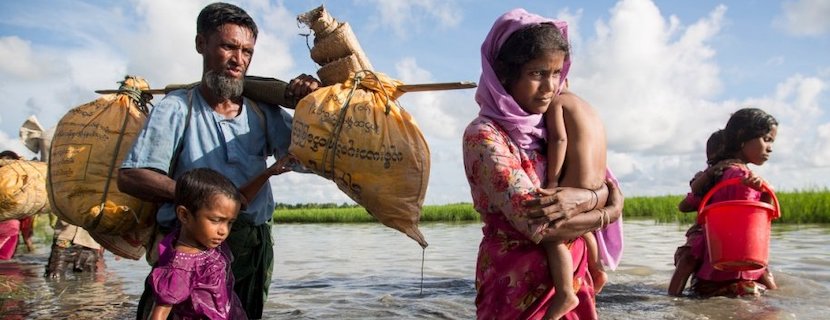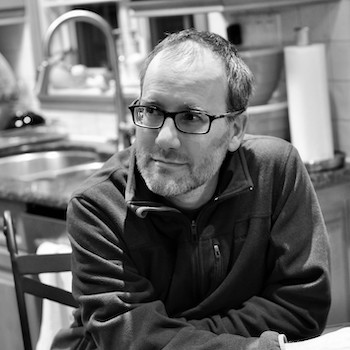Canada and the Rohingya Refugee Crisis (Chris Anderson - Policy Connections for Canada)
Dr. Chris Anderson is a member of the LCSC Policy Connections for Canada and Publics and Social Justice collectives. His work encompasses both historical and contemporary studies of Canadian citizenship, multiculturalism, immigration, and refugee policy.
The arrival in Canada of thousands of Syrian refugees since 2015 serves as a very public reminder that the country has an important role to play in the global response to the millions of people around the world displaced by war and violence. While an enormous amount of research has been and continues to be carried out on this Syrian refugee movement, we know much less about Canada’s actions with respect to other refugees around the world.
For example, since 2017, hundreds of thousands of Rohingya have fled in fear from Myanmar, resulting in a refugee population of almost 1 million people in neighbouring countries. Indeed, around 800,000 Rohingya are now living in refugee camps in Bangladesh. Although Canada has been fairly active on the world’s stage and behind the scenes in response to this situation, and while several hundred Rohingya have been resettled in Canada over the years, there is almost no published research that traces these developments and considers their implications.
My current project seeks to address this gap by exploring the history of Canada’s engagement with governance and human rights issues – including refugee issues – with respect to Myanmar (formerly Burma) from the 1970s onwards. Canadian parliamentarians and Canadians themselves have been deeply concerned about and mobilized around human rights in Myanmar for many years, and have pursued a range of actions in their efforts to put pressure on government officials and the international community to develop a more effective political and humanitarian response. In exploring this rich but untapped vein of history, my research seeks to address five core avenues of inquiry:
- How has Canadian policy evolved over the years, and what have been the respective roles of state and non-state actors in developing and implementing Canada’s response?
- Where does refugee policy fit within a broader understanding of Canada’s response that incorporates development assistance, diplomatic and foreign policies?
- Why has Canada pursued a very limited refugee resettlement program with respect to the Rohingya?
- In what ways have Rohingya in Canada and beyond worked with allies to advocate for a more proactive response on the part of the government?
- How has the issue been framed for the Canadian public by the government, media and advocacy organizations?
The research involves an extensive review of relevant public primary sources (e.g., documents of relevant government and non-government actors at both national and international levels; media coverage) as well as a wide-range of secondary sources in relevant areas (especially Canadian development assistance, diplomatic, foreign and – of course – refugee policies). I also intend to undertake, where possible interviews with state and non-state actors. During the data collection phase, the possibilities of developing a conference will be explored. Eventually, the research will ideally be published in a set of articles and a book.
Overall, this research seeks to shed light on a particular policy – Canada’s response to Rohingya refugees – about which we know very little. In doing so, it looks to provide a broader foundation for understanding Canadian policies with respect to refugees around the world by linking them to the related areas of Canadian development assistance, diplomatic and foreign policies. The project also seeks to generate a better understanding of the role that non-state actors have played and could continue to play in shaping Canada’s policy response.

